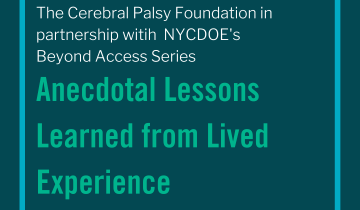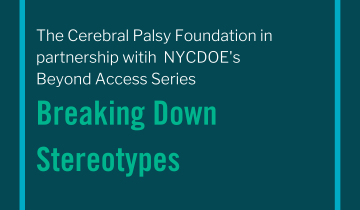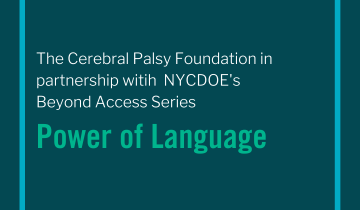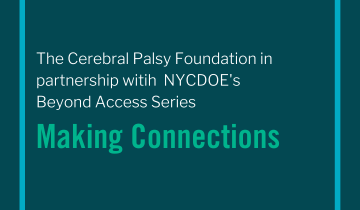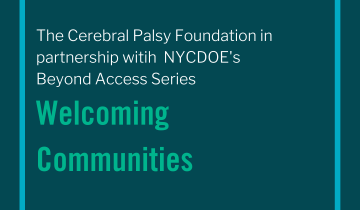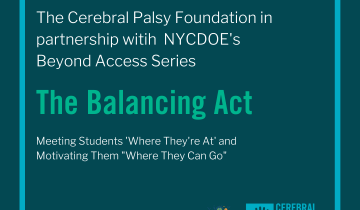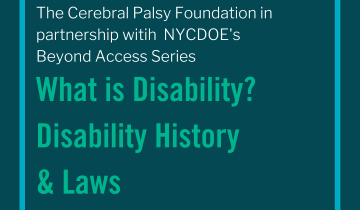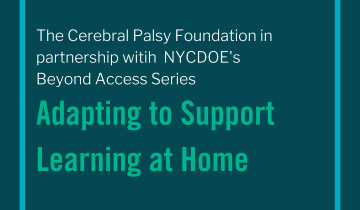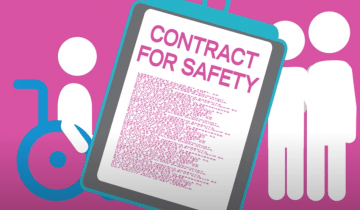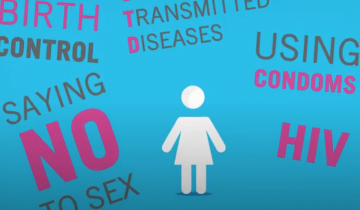This webinar is with Ketrina Hazell, Ms. Wheelchair 2018, a young woman with cerebral palsy and Debbie Fink, Vice President of Education and Inclusion at the Cerebral Palsy Foundation, overseeing its flagship “Just Say Hi” program. This webinar is about Ketrina's lived experience in the school system and community and what worked or didn't work as she was growing up.
